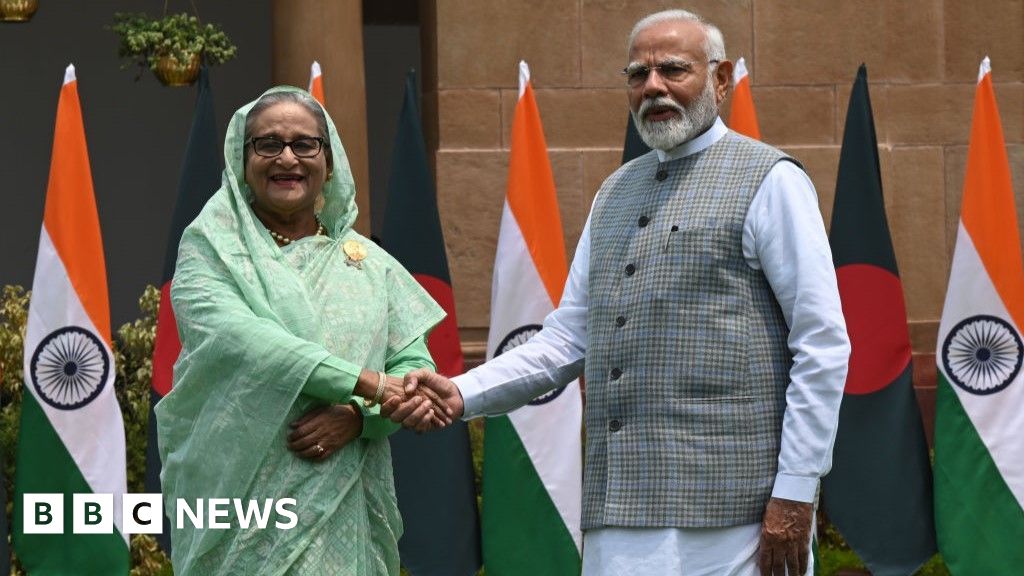EU complaint urges action on confusing in-game currencies
A European consumer watchdog has filed a complaint against Epic Games, Electronic Arts, Roblox and other game publishers over deceptive in-game currency practices, Reuters reported. The European Consumer Organization (BEUC) said it has "identified numerous cases where gamers are misled into spending money" and called on authorities "to provide consumers with safe gaming environments." The BEUC pointed out that consumers are unable to see the real cost of digital items price using in-game currencies, saying that in-game purchases should always be displayed in real money. It added that companies' claims that gamers prefer in-game premium currencies are wrong; consumers are often denied their rights when using such currencies; and that children are particularly vulnerable to these "manipulative tactics." "Regulators must act, making it clear that even though the gaming world is virtual, it still needs to abide by real-world rules," said BEUC director general Augustin Reyna in a statement

A European consumer watchdog has filed a complaint against Epic Games, Electronic Arts, Roblox and other game publishers over deceptive in-game currency practices, Reuters reported. The European Consumer Organization (BEUC) said it has "identified numerous cases where gamers are misled into spending money" and called on authorities "to provide consumers with safe gaming environments."
The BEUC pointed out that consumers are unable to see the real cost of digital items price using in-game currencies, saying that in-game purchases should always be displayed in real money. It added that companies' claims that gamers prefer in-game premium currencies are wrong; consumers are often denied their rights when using such currencies; and that children are particularly vulnerable to these "manipulative tactics."
"Regulators must act, making it clear that even though the gaming world is virtual, it still needs to abide by real-world rules," said BEUC director general Augustin Reyna in a statement. "Premium in-game currencies are purposefully tricking consumers and take a big toll on children. Companies are well aware of children's vulnerability and use tricks to lure younger consumers into spending more."
Also named in the complaint is Microsoft's Activision Blizzard, Mojang Studios, Tencent-owned Supercell and Ubisoft.
In a separate statement, Video Games Europe, which counts members including Epic Games, Roblox, Activision Blizzard, Electronic Arts, Supercell and and Ubisoft, said that consumers are already well-informed around in-game currencies. "The PEGI (Pan-European Game information) Code of Conduct requires developers to ensure that the real-world cost is clear and unambiguous at the point of purchase of the in-game currency," it told Reuters. "Our members always respect European consumer laws in how they offer these purchases."
The use of premium currencies purchased with real money has been controversial, especially around young players. In 2022, Epic was hit by a record FTC fine, in part for making it possible for children to purchase Fortnite's V-Bucks in-game currency without parental consent until 2018. The regulator said that Epic ignored more than a million user complaints and employee concerns over wrongful charges. This article originally appeared on Engadget at https://www.engadget.com/gaming/eu-complaint-urges-action-on-confusing-in-game-currencies-140028212.html?src=rss















